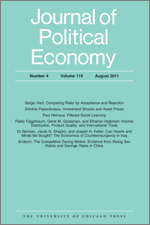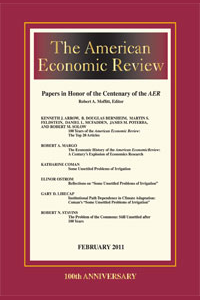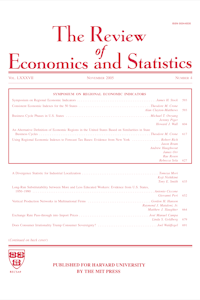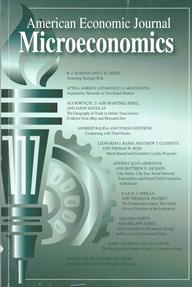
Equiza-Goni, J., Faraglia, E. and Oikonomou, R.
Union Debt Management
Journal of International Money and Finance
Vol. 130 no. 102747 (2023)
Abstract: We study the role of government debt maturity in currency unions to identify whether debt management can help governments to hedge their budgets against spending shocks. We first use a detailed dataset of debt portfolios of five Euro Area countries to run a battery of VARs, estimating the responses of holding period returns to fiscal shocks. We find that government portfolios, which in our sample comprise mainly of nominal assets, have not been effective in absorbing idiosyncratic fiscal risks, whereas they have been very effective in absorbing aggregate risks. We then setup a formal model of optimal debt management with two countries, distortionary taxes and aggregate and idiosyncratic shocks. The theoretical model concludes that nominal bonds are not optimal to insure against idiosyncratic fiscal shocks in a currency area. In contrast, we find that long term inflation indexed debt allows governments to take full advantage of fiscal hedging.
Keywords: Debt Management, Fiscal Policy, Government Debt, Maturity Structure, Tax Smoothing
JEL Codes: E43, E62, H63
Author links: Elisa Faraglia
Publisher's Link: https://doi.org/10.1016/j.jimonfin.2022.102747 ![]()
Keynes Fund Project(s):
Heterogeneity, Precautionary Savings and Government Debt Management (JHLW)
Cambridge Working Paper in Economics Version of Paper: Union Debt Management, Equiza-Goni, J., Faraglia, E., Oikonomou, R., (2018)




